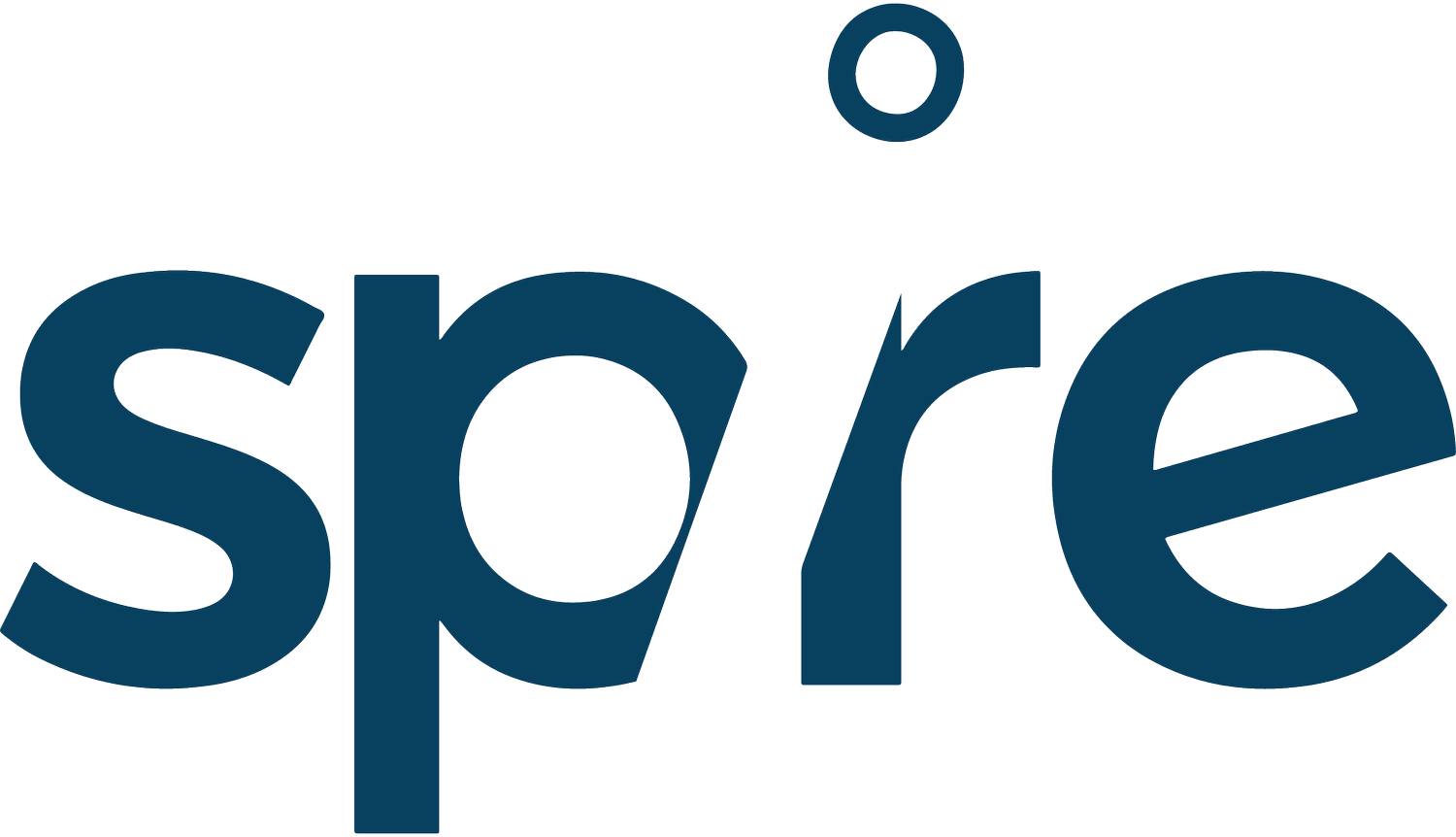The Spire Difference
We have a saying around here at Spire — “People are for fostering relationships, technology is there when we need it.” Not the other way around. Over the past few years we’ve all experienced a paradigm shift in the way we live our lives. The healthcare industry, as we have all witnessed, has been stretched and stressed in more ways than we can recount. Demand was rising, investments in technology were unprecedented, and everyone was moving at an unmatched pace that had not been seen prior to COVID life.
The natural inclination to invest in and rely on technology matches most expectations. We saw most agencies and large firms invest in big tech to manage people and their career paths. Spire’s approach was a little different.
Again, coming back to the idea that “people are for fostering relationships” and not the other way around is an important aspect that we landed on. We’ve found over many years that the more time we spend with a healthcare professional looking for a job, the better the outcome will be in their career and work life.
This practice, as it pertains to working with those in the travel healthcare field really boils down to spending more time talking with job-seekers on the front end.
The initial conversations we have with a candidate give us deeper understanding and context for their likes and dislikes when it comes to their work. Where their strengths are. What their ambitions are for their career. They may prefer to work in a specific department and not get floated to a different floor. The list goes on and on, but the only way you could know these things as a recruiter would be by spending the time speaking with a candidate.
Technology, albeit useful, can’t give us the context alone by which we can place a candidate effectively while helping manage expectations. The fact that Spire spends 3x more time talking to candidates isn’t only a boon to our candidates’ careers, but it helps us carry forth an effective process for all future healthcare travelers.
Example: There may be a 13-week assignment in an ideal location for one of our travelers. A city they want to visit, a facility they want to work at, etc. It’s a job on the labor and delivery floor. Everything checks the boxes for the candidate in terms of pay package, assignment length, licenses needed, and department. As we get in touch with the candidate, we give them a bit more context that the facility actually does more than 1,000 deliveries per month — about 700 more than this candidate is used to. We want to be up front and honest that this may sound like a fantastic assignment, but it has its differences. Having this come as a “surprise” later on after the candidate has already accepted and set up housing arrangements would never be an ideal situation.
Giving the full context on what to expect is difficult to do through technology alone. More talk time helps things not fall through the cracks or go unchecked and unaddressed.
As we progress forward in this new era of travel healthcare, our goal is simple: Help our healthcare workers adequately prepare so they can care for others and work more effectively in our country’s healthcare institutions.
More talk time = better results.
